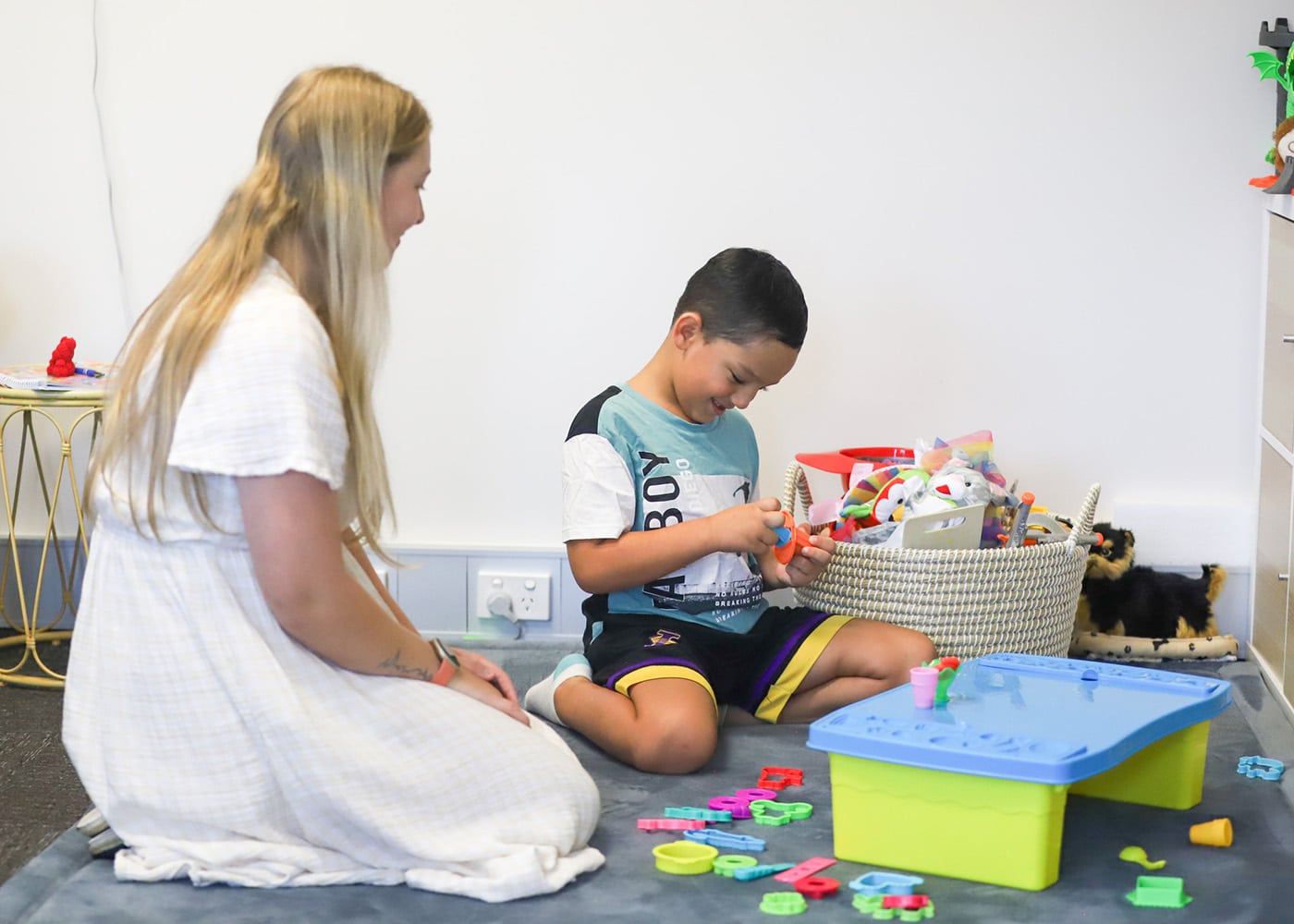Pretend Play: 8 reasons why pretend play is important for healthy development.
Pretend Play, also known as imaginative or symbolic play, is of paramount importance in the playroom for children. It’s not just fun and entertaining activity; it serves several vital developmental and therapeutic functions. Here’s 8 reasons why Pretend Play is important in the playroom.
Cognitive Development: Pretend play exercises a child’s cognitive abilities. It involves planning, problem solving, abstract thinking and creativity. Children must think about and create scenarios, roles and storylines, which enhances their flexibility and intellectual skill.
Language Development: Pretend play encourages the use of language in a meaningful context. Children engage in dialogue, negotiate roles and describe their actions. This boots vocabulary, comprehension, and communication skills.
Emotional Expression: Pretend play allows children to explore and express their emotions in a safe and controlled environment. Through role-playing, they can act out scenarios that mirror their real-life experiences and work through their feelings.
Social Skills: Pretend play often involves multiple children playing together, promoting social interaction and cooperation. It teaches kids to take turns, share, resolve conflicts, and practice empathy. These social skills are essential for healthy relationships and successful interactions with peers.
Empathy: When children engage in pretend play, they often take on different roles, including those of others. This allows them to step into someone else’s shoes and develop empathy by understanding and considering the perspectives and feelings of the characters they play.
Problem solving: Pretend play involves creating and resolving scenario’s, which strengthens a Childs problem-solving skills. They learn to anticipate challenges, develop scenario’s and adapt to changing situations.
Identity development: Through pretending to be different characters, or experimenting with various roles, children explore their own identities. This process helps them understand themselves better and develop a sense of self.
Normalisation and Healing: In therapeutic settings, such as play therapy, pretend play can be a valuable tool for children to process difficult experiences and emotions. It allows them to externalise their concerns and make sense of their world.
To add a sneaky #9, Pretend Play is also inherently enjoyable for children. This can be a motivating force to encourage them to engage in therapeutic activities.
If you are interested in play therapy for your child, please give us a call or email at admin@magnushealth.com.au






